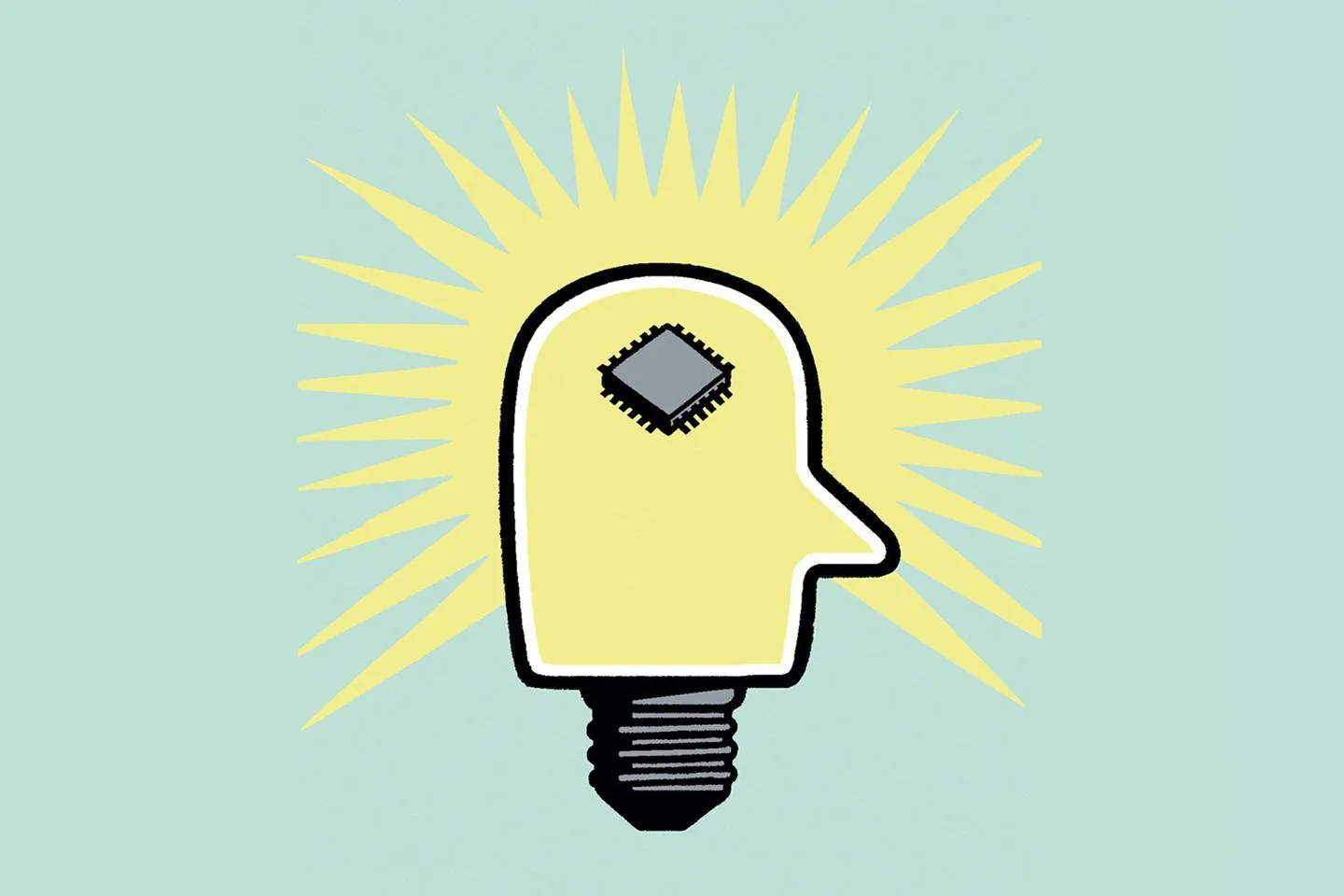
The Secret to AI is Vuja De
Imagination should be the most desired skill set in the age of artificial intelligence. We have entered the 4th Industrial Revolution where data will power business and AI will become a ubiquitous technology that moves commerce. However, AI and data are merely drivers. It is creativity that will define the revolution.
Human ingenuity rests in the space between science and creativity. Historically, revolutions were defined by imagination. The Scientific Revolution was led by inventors like Leonardo DaVinci who blended art and science to produce monumental breakthroughs. The 1st Industrial Revolution was defined by the idea to harness the power of elements, like water and coal, to mechanize everything from factories to transportation. Creativity is quickly becoming the most sought after skill, regardless of industry or role. According to the World Economic Forum study on the Future of Jobs, the relative importance of IQ has declined while creativity and imagination have gained importance.

The 2016 report concluded that creativity will be the 3rd most important skill in the workplace by 2020, vaulting in importance from 10th position in 2015. Imagination is the skill of the future. A PwC report states, "The rise of artificial intelligence is driving a new shift in value creation focused on sentiments more intrinsic to the human experience: thinking, creativity and problem-solving.” Dr. Michael Bloomfield, an expert on creativity and anthropology explains; “Your experience and competence will count for a whole lot less if a computer program that’s just been released can do most of your work at a fraction of the cost...You might want to say where you got your creativity training, what level you reached and what creative ideas you’ve had as a result – forget waffling on about being able to think outside the box, you’ll have to actually show some evidence of it. Maybe you’ll even have a ‘creative IQ’ score to point to – hopefully one to boast about.
”The most successful AI pioneers will be the most creative. They will be armed with data and knowledge of machine learning techniques that have been applied successfully to businesses. The past 10 years has put a tremendous emphasis on producing and storing digital information. Now, we sit on mountains of data. But data alone provides little value (unless you are in the business of selling it). Businesses require action. It is creativity that embeds information so it can be put into practice. As the Asaro tribe of Indonesia and Papua New Guinea say: “Knowledge is only a rumor until it lives in the muscle”.
The AI pioneers’ secret weapon is vuja de. In the book Originals: How Non-Conformists Move the World, author Adam Grant discusses differences between default thinking and creative thinking. He explains that as human beings our nature is to "rationalize the status quo as legitimate." He calls this the "default system" and highlights all the challenges of taking the status quo for granted and never questioning the default assumptions we make. To counter this, Grant suggests reversing the thought process of déjà vu -- where we see something new but it feels like we have experienced it before, to a new thought process, vuja de. Vuja de, "is the reverse—we face something familiar, but we see it with a fresh perspective that enables us to gain new insight from old problems." Leaders in the AI Industrial Revolution will have imagination to see opportunity by mapping where AI has been previously proven successful to then apply it in new ways. Armed with an understanding of AI, business processes, and the “why” behind the data, the sky's the limit. It empowers us to engage in creative thought.
Artificial intelligence is indeed a very technical field, yet creativity is critical. We are witnessing an interesting inflection point between the science of artificial intelligence and the digital transformation of business. For the former, AI is democratizing, making it accessible for every business and consumer. AI presently is all around us, in almost every phone, computer, television, and continues to spread. To the latter, the past 20 years of commerce have been defined by internet companies and born-on-digital startups toppling incumbent market leaders. The legacy companies who’ve survived continue to slog through digital transformation for survival. For some, investments in compute, network, and storage begs the question why. Augmented business capabilities built on data and enabled through machine learning becomes the answer that will differentiate one company to another. As more and more businesses learn their “why” behind data and digital transformation investment, new questions emergers. How? And where? Those that have the imagination to see the opportunities to activate their data and create sensing, predictive, or automation capabilities will succeed in the new economy. It’s vuja de, all over again.
